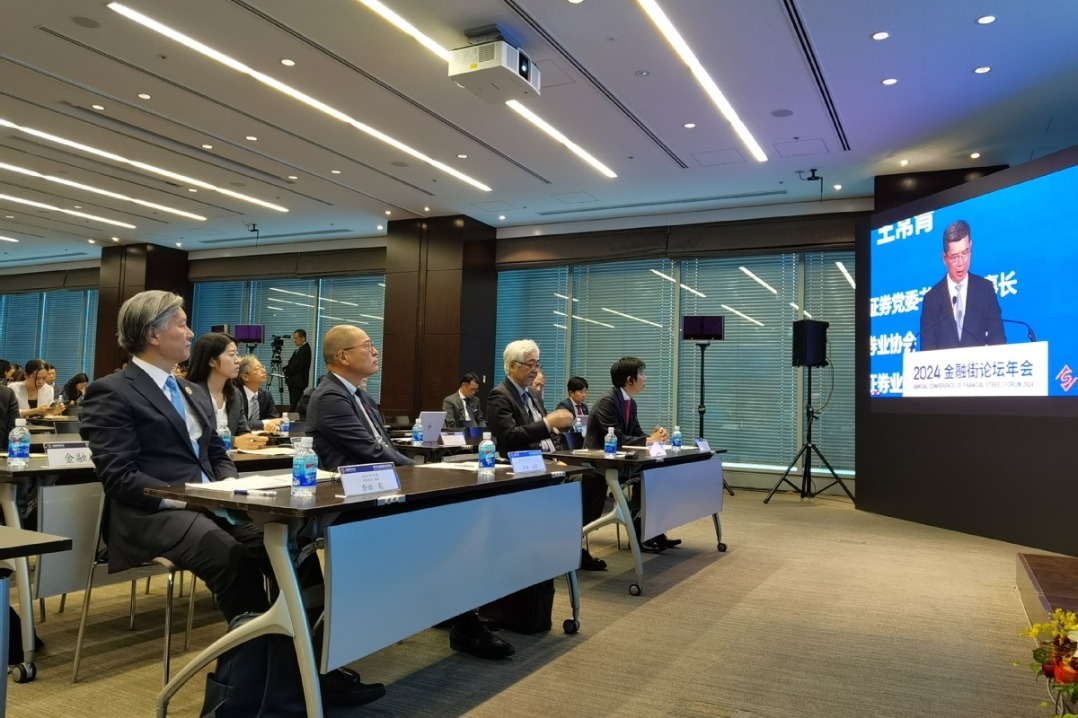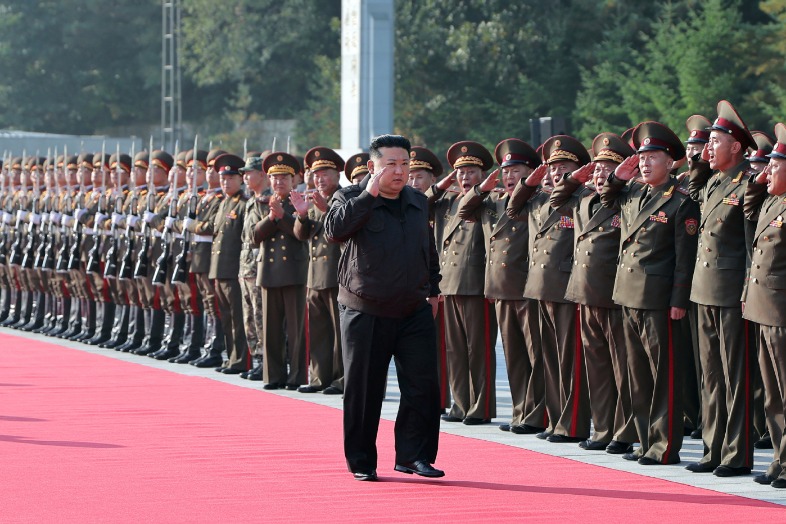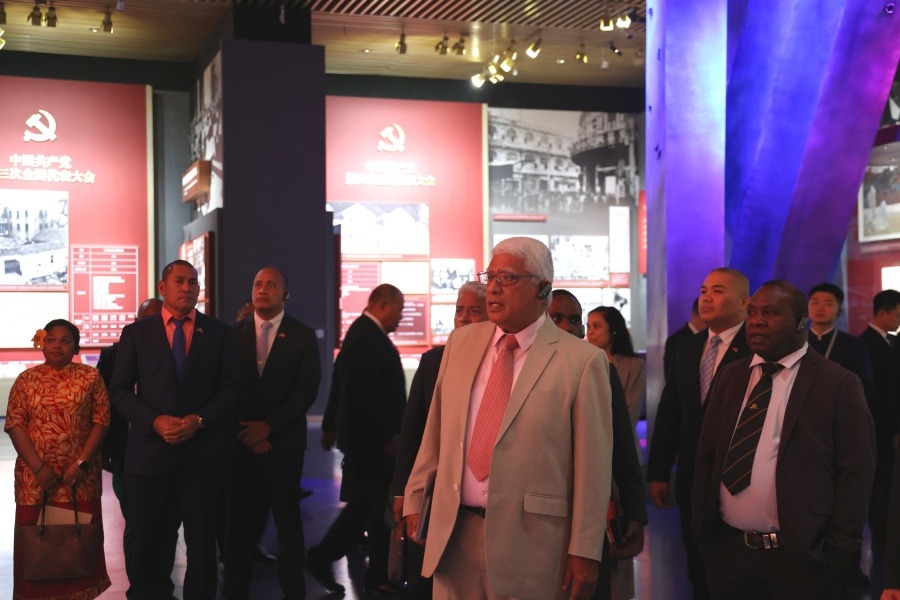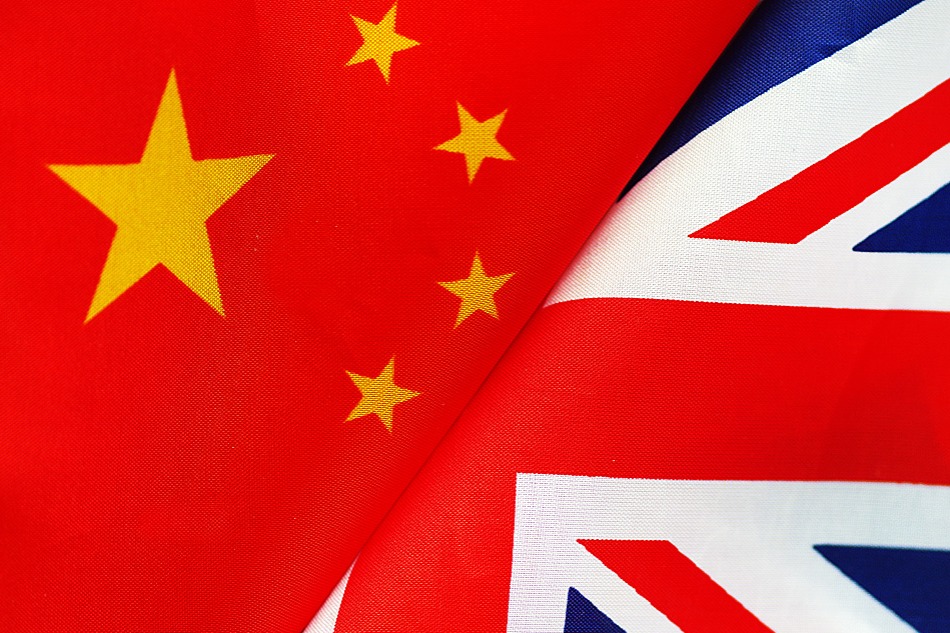China warns Japan of 'wrong path'

The Chinese embassy in Japan on Friday slammed Tokyo for referring to Beijing as its "biggest strategic challenge" in its latest defense documents, saying it was a serious distortion of basic facts and that it violated the spirit of four political documents between the two neighbors.
"Relevant statements (by Japan) incite 'China threat' intentionally and provoke regional confrontation. China is strongly dissatisfied and firmly opposed to this, and has lodged solemn representations with the Japanese side," a spokesperson for the embassy told China Daily.
On Friday, the Japanese Cabinet approved three documents, namely the National Security Strategy, the National Defense Program Guidelines and the Mid-Term Defense Program, overturning six decades of its pacifist postwar defense strategy and aiming to arm itself with one of the world's largest military budgets.
According to the documents, Japan will not only acquire counterstrike capabilities, a significant departure from its pacifist Constitution, but will also spend 43 trillion yen ($313 billion) in the next five years to strengthen its military, buying cruise missiles capable of striking China and developing hypersonic weapons among others. This will bring Japan's military expenditure to roughly 2 percent of its current GDP, a big change from its 1 percent of GDP practice that Japan has been maintaining for the past 60 years.
"Historically, Japan has stepped into the wrong path of militarism, conducted aggression and expansion, and committed crimes against humanity. It had brought serious disasters to our region and to the world. This time, Japan has significantly changed its security policy and strengthened its military capabilities. It raises doubt that Japan is walking away from a peaceful development track, and will inevitably invite concern and opposition of all peace-loving people," the embassy's spokesperson said.
"We solemnly urge the Japanese side to learn lessons from the past, do not use the so-called China threat to cover its own military expansion, and return to political consensus between China and Japan that we are mutual partners and we do not pose threats to each other. Japan needs to avoid becoming a troublemaker and a disrupter of regional security and bilateral relationships."
Wang Qi, an East Asian studies researcher at the Chinese Academy of Social Sciences in Beijing, said it would have been unthinkable for Japan to do this.
"But it happened anyway, which sends an alert to the world that Japan now wants to possess the capability to directly attack another country's territory," Wang said.
A poll by Japanese television network TBS showed that more than 90 percent of Japanese people are against a tax increase due to the soaring military expenditure.
WANG XU in Tokyo

































